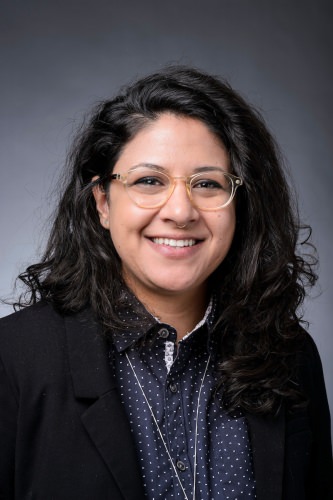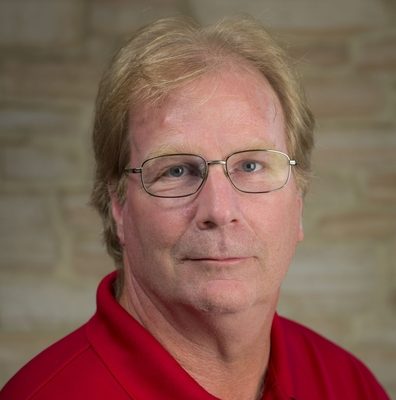UW–Madison enhances process for reporting bias incidents, releases latest campus data
UW–Madison’s commitment to a safe and welcoming learning environment includes a process for students to report incidents of bias or hate and to receive support.
The process, begun in 2011, has been refined over the years based on the feedback and needs of students. A full-time coordinator was hired in early 2017, and incident reports are now posted in real time on a webpage.
The webpage was recently upgraded to be more informative and user-friendly. It now provides additional specificity on the actions taken in each case, and there is a search function and an option to download the data.
The Dean of Students Office oversees the process and compiles and analyzes each semester’s data. The latest Bias Incident Report, released this month, covers the 74 bias-related incidents reported by students during the spring 2017 semester.
Most incidents in the latest report occurred on campus, with the second largest category being online, such as by email or on social media platforms. The most common type of targeted identity was race or ethnicity.
The reporting process serves a dual purpose. It provides support to those affected while helping the university better understand, address and prevent incidents of bias or hate.
“We continue to improve the process to make it more responsive and more transparent,” said Kevin Helmkamp, assistant vice provost and associate dean of students. “Our goal is to respond quickly and decisively to incidents of bias or hate so that, ultimately, we reduce their frequency.”
Reports can be submitted electronically or in person at one of 10 campus locations. Once submitted, a report goes directly to the bias response and advocacy coordinator and the Dean of Students Office.
Confidentiality is built into the process. The identity of a reporting student is not made public as part of the response process. Only non-identifying information is posted on the webpage, and only crucial or emergency information is shared by the Dean of Students Office to appropriate contacts.
If the person reporting an incident would like follow-up, the coordinator will reach out to set up a meeting and to see what resources may be needed. Reports may also be submitted anonymously, but that may limit the university’s ability to respond.
Responses vary depending on the nature of the incident. Whenever possible, the university attempts to create an educational opportunity with the parties who have been involved in a bias incident.
The bias response process focuses on coming to mutual resolutions and greater understanding between the individuals. Very few incidents result in a more formal intervention process. Of the 74 incidents from this spring, two were processed through the non-academic misconduct process and one student was found in violation of misconduct. If the behavior described in a report is a potential crime, it will be referred to law enforcement. None of the 74 incidents in the latest report was charged as a hate crime through the criminal justice system.
The reporting process is intended as a resource for students. On occasion, the process addresses incidents experienced by faculty or staff.
Students who’ve been affected by incidents can receive counseling through University Health Services. Also, the Multicultural Student Center hosts discussion and dialogue groups on a weekly and bimonthly basis.
Satya Chima joined the Dean of Students Office this spring in the newly created position of bias response and advocacy coordinator. Her goal, she says, is to build relationships with students so they know they have somewhere to go and someone to talk to about campus climate issues.

Satya Chima Photo: Jeff Miller
“I see my role as serving students by incorporating a social justice lens while making space for them to process their experiences, as well as adequately and appropriately responding to incidents of bias or hate,” she says.
An experienced advocate for students, Chima previously worked in student affairs at the University of California-Santa Barbara and as a program coordinator at DePaul University’s Center for InterCultural Programs. She has been involved with transformative and restorative justice initiatives and served marginalized student populations at the high school and collegiate level.
In addition to responding to bias and hate reports and providing interventions, Chima works to proactively educate the campus. During the spring semester, she conducted eight trainings for students and staff, including a workshop for undergraduate academic advisors and presentations to the Academic Staff Institute, University Health Services and the School of Library and Information Systems. She also held drop-in hours at the Multicultural Student Center to connect with a wide range of students.
Click here to learn more or to report an incident. To see the reports, click here and then look under “what incidents have occurred on campus?”
Tags: dean of students, student life




